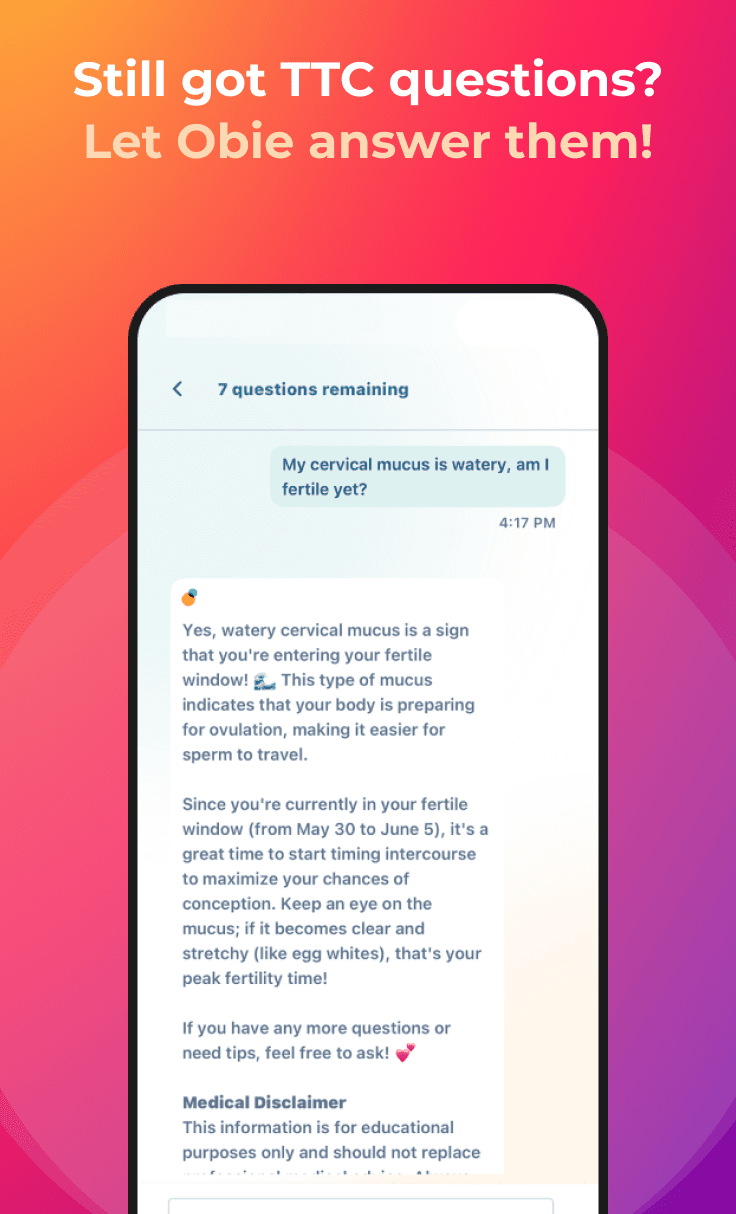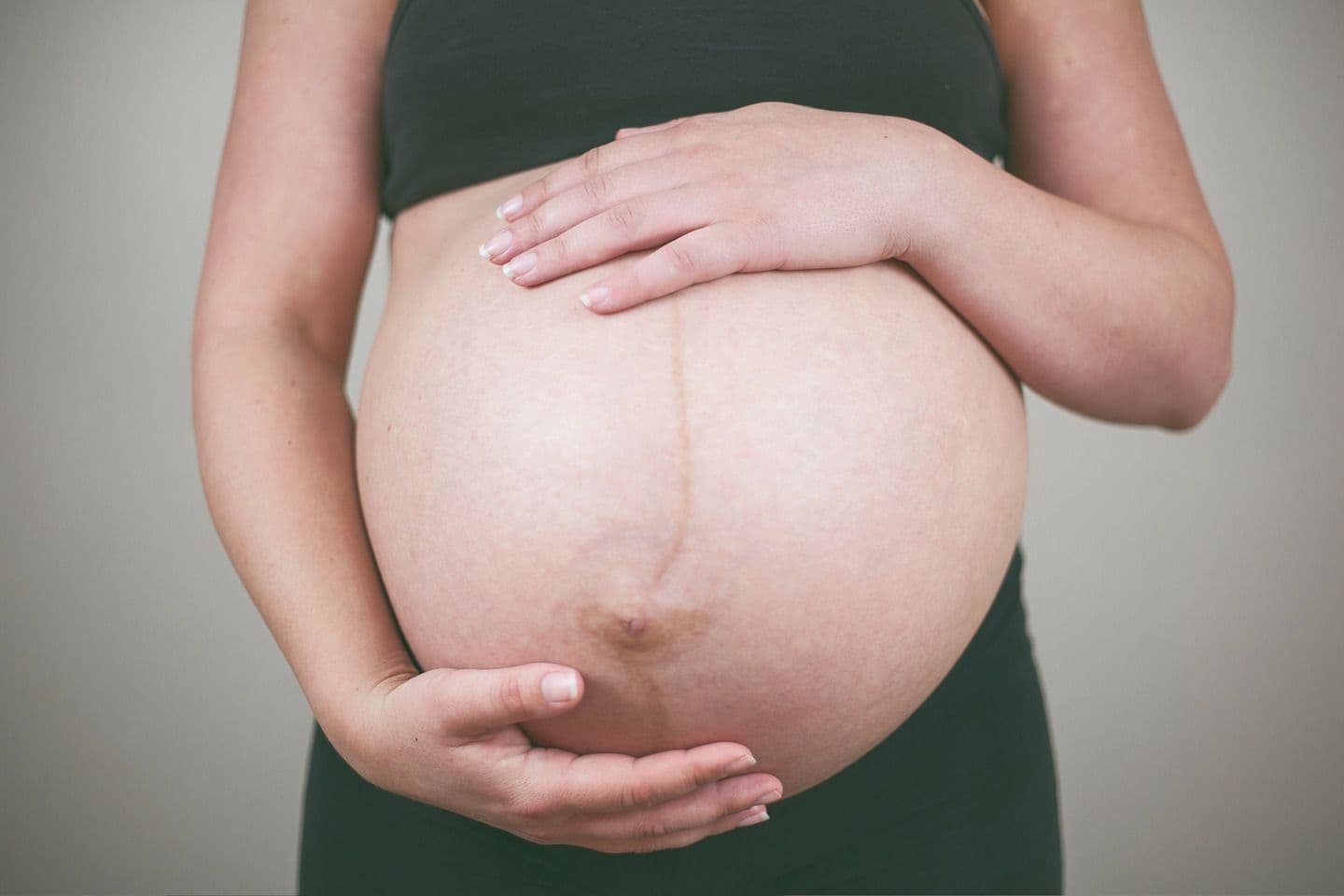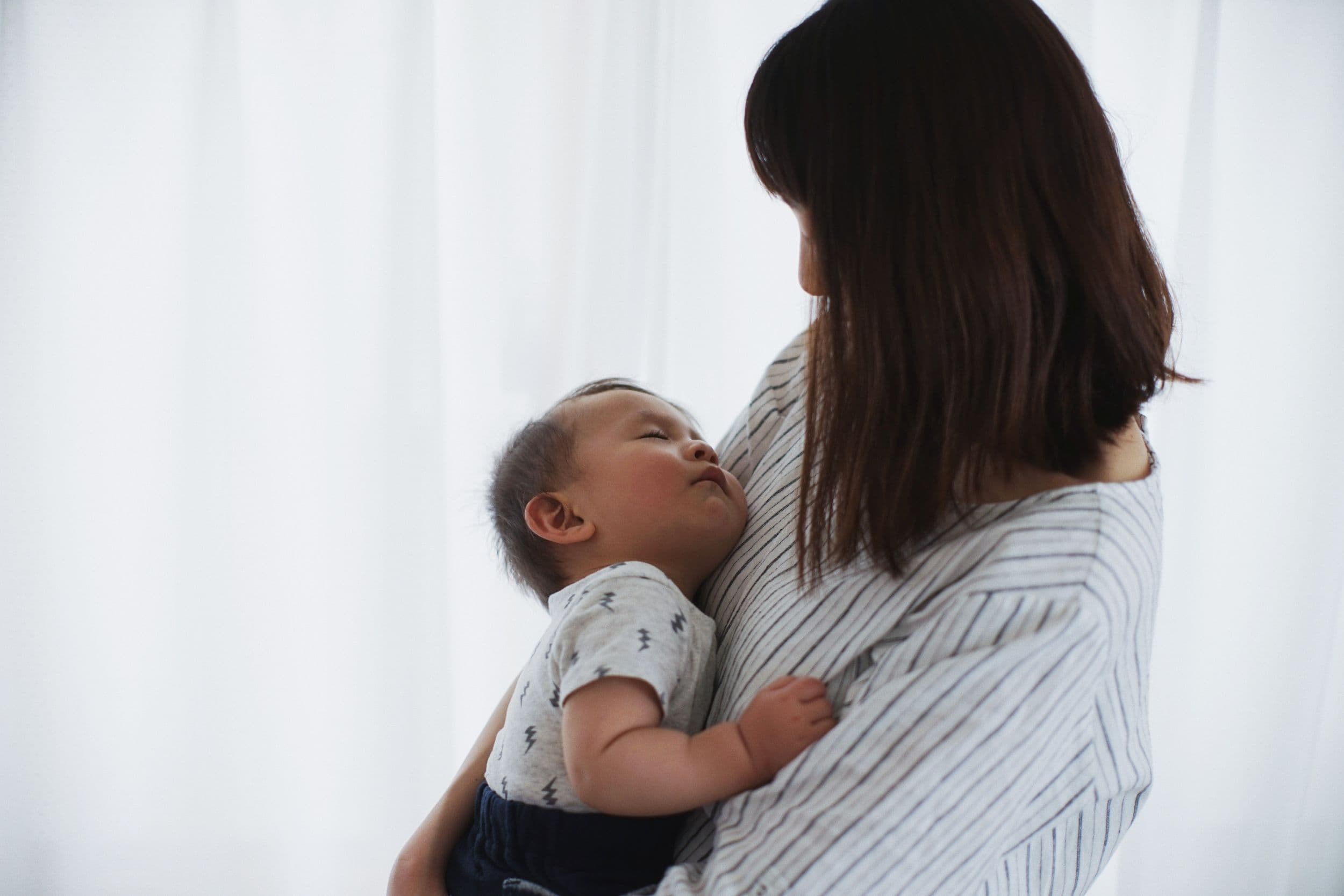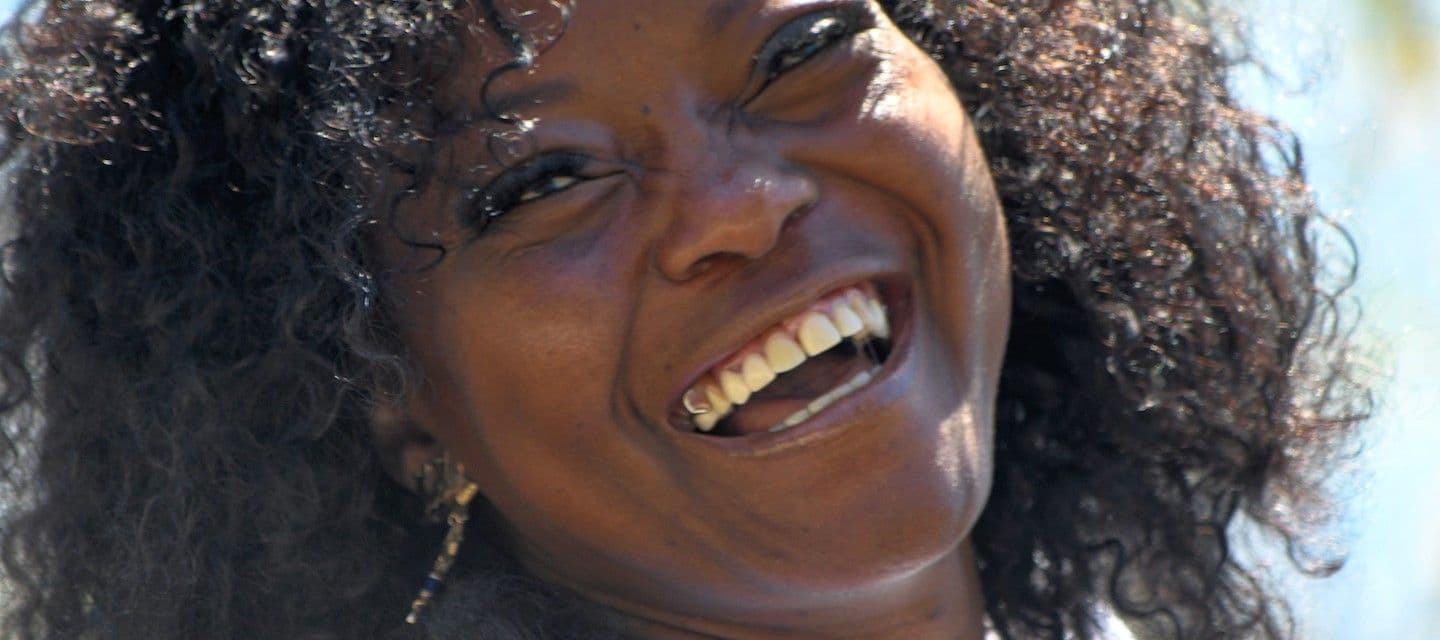Getting Pregnant After Age 40
Getting Pregnant
Obie Editorial Team

Getting pregnant at 40 and over
As a woman gets older her chances of getting pregnant and having a healthy baby decline significantly. This is usually due to several reasons including her egg quality, implantation issues, and an increased risk of miscarriage.
By age 40, a woman’s chance of getting pregnant naturally is less than 5% per cycle, so fewer than 5 out of every 100 women are expected to be successful each month. At the age of 44 and beyond most women become unable to have a successful pregnancy naturally.
Pregnancy is different in your 40's as compared to your 20's. Knowing the following 12 tips can help guide you throughout your pregnancy.
- Good health is always vital during pregnancy but especially when you are trying to conceive in your 40s. Your body needs a certain amount of calories and nutrients and with a baby, you'll be needing even more. You need to take a prenatal vitamin and follow a consistently healthy diet. The additional calories consumed should be in the form of protein, not fats and sugar.
- Start a prenatal vitamin and a folic acid supplement before you try to conceive. This will help you decrease the risk of miscarriage and improve the baby's health.
- Prenatal testing takes a new turn. Women who give birth in their 40s are more likely to have a child with chromosomal disorders. For this reason, the obstetrician will request for mom to undergo an amniocentesis to test for Down Syndrome and other disorders that can affect the health of the baby.
- Start or maintain an exercise program. No matter how old you are, exercise is essential during pregnancy. Not only does exercise prepare mom for labor, but it can help with reducing the chance of blood clots and swelling. If mom does not already exercise, the obstetrician can outline the best program for a beginner.
- Pregnancy after miscarriage? Some women become successfully pregnant in their 40s due to miscarriages early in life. If you have a history of miscarriages, your obstetrician will need this information on the first visit. A miscarriage can happen at any time during the pregnancy and thus makes mom instantly high risk.
- If infertility has been a problem in the past, mom may find herself overly sensitive to being pregnant. Just because this pregnancy is successful does not mean that mom needs to be on bed rest for the entire 10 months (unless prescribed by the doctor).
- Pregnancies conceived via infertility treatments have a higher chance of being a multiple pregnancy. This will, of course, depend on the type of infertility treatment being used.
- Financial stability gives mom the chance to choose whether she wants to stay home or go back to work. A pregnancy in her 40s often means mom wanted to be ready for baby both financially and mentally.
- While the pregnancy may feel like the perfect gift, mom is used to her freedom by the time she is in her 40s. Giving up this freedom is a small price to pay for having a baby, but can be hard for mom to grasp in the beginning.
- If there are any older children in the household, mom and dad will need to talk with them about how the new baby will change their life. Parents can reassure their older children that the changes are not bad, just different. This is often a good time to discuss chores that can be given to the older children when mom is home with the baby.
- As with any pregnancy, the home will need to be given safety adjustments. All electrical sockets will need to be blocked with safety covers and appliances strapped to the wall for security purposes.
- Find a high-risk doctor. You may feel like 20 but your body says otherwise. High-risk obstetricians (maternal-fetal medicine specialists) are experienced in taking care of high-risk conditions.
Read More











